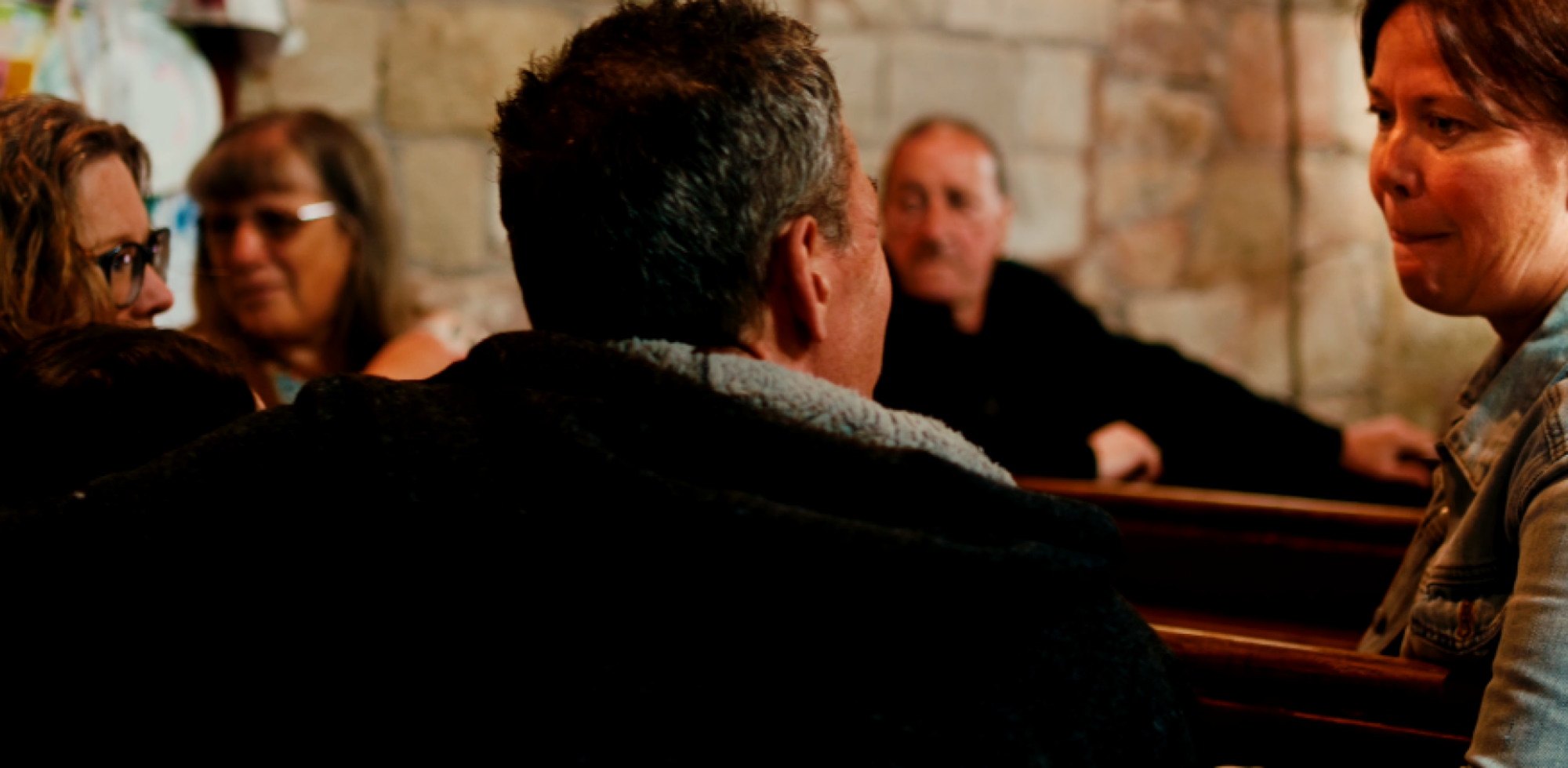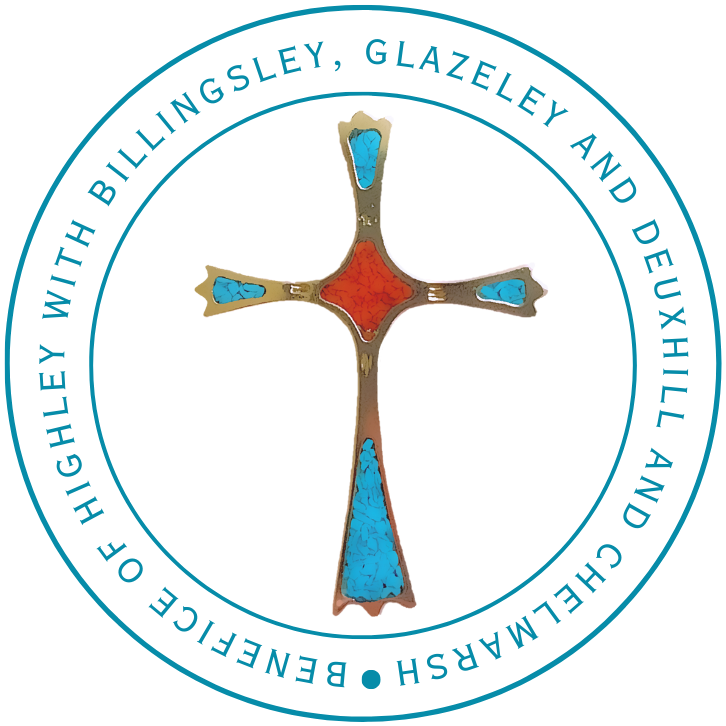November 5th approaches but Bonfire night with the burning of the Guy seems to vanished from popular culture. Some were always uncomfortable with what they imagined lay behind this, the burning alive of individuals, and sadly churches of all denominations once eagerly embraced this practice. There is a fine line between zeal and fanaticism; it has always been easy for some to delude themselves that they are doing the work of God, not committing murder. To some however, the zeal of those who were the victims of the burners also seems uncomfortable. The journalist and vice president of Humanists UK, Polly Toynbee, has described martyrdom as a “repugnant virtue”. There are individuals who seem to relish confrontation over issues that could probably be resolved more easily by talking; I have dealt with a few of those myself. But there are cases where evil needs to be named and confronted and this can be costly. On a recent trip to London, I was able to view the statues at the front of Westminster Abbey; twelve martyrs of the 20th century who fell opposing dictators in the name of their faith. There is line from those going all the way back to Stephen, the first Christian martyr, who refused to compromise on what he believed to be true and so was sacrificed to a mob. These are not individuals practicing a “repugnant virtue”, they are people who recognised that sometimes truth was worth more than their own lives.
Rev David Poyner

